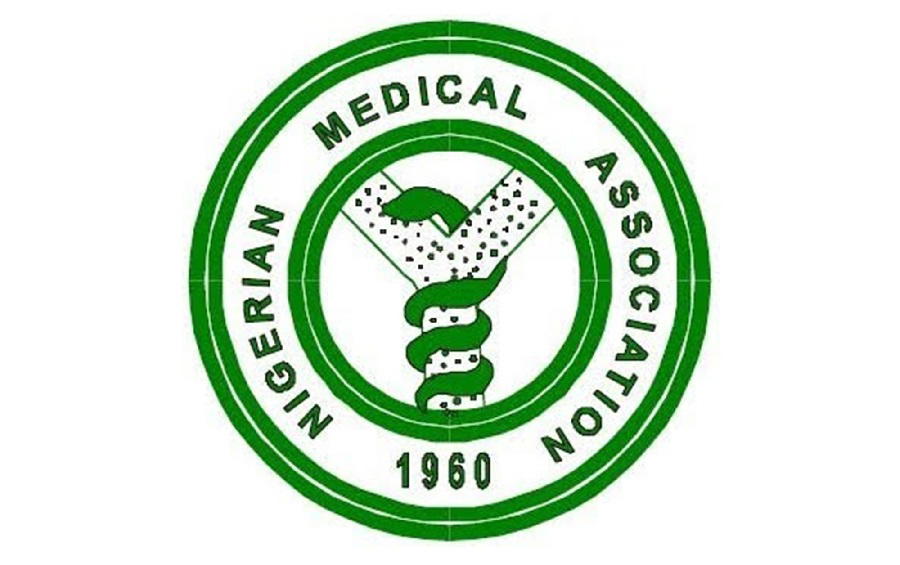By Chioma Obinna
Sixty-five years after Nigeria gained independence, the country’s healthcare system continues to face significant challenges, the Chairman of the Nigerian Medical Association (NMA), Lagos State Branch, Dr. Sahedd Babajide, has said.
Speaking on the persistent shortcomings in the sector, Babajide noted that despite decades of reforms and investments, Nigeria’s health system remains underdeveloped, struggling to provide equitable access to quality care.
A major concern, he said, is the ongoing brain drain, or “Japa syndrome,” with healthcare professionals leaving for better opportunities abroad. Babajide warned that reversing this trend requires adequate remuneration, non-taxable call duty allowances, robust welfare packages, training, research, and infrastructural development, alongside creating a conducive working environment for medical personnel.
Healthcare financing remains a critical challenge. Babajide revealed that federal and state governments allocate only 4–6% of their budgets to health, far below the 15% target set in the 2001 Abuja Declaration. Funds are often misdirected to “elephant projects” with little impact on the populace.
He also highlighted the neglect of primary healthcare, noting that weak primary care undermines the development of secondary and tertiary healthcare services. Structural deficiencies, poor equipment, and inadequate facilities create an environment that is unfavorable for both healthcare providers and patients.
Babajide lamented that Nigeria is poorly prepared for emergencies such as epidemics and natural disasters, and that medical tourism continues to drain resources due to minimal political will to improve domestic healthcare.
To address these challenges, Babajide called for:
Standardisation and improvement of primary, secondary, and tertiary healthcare systems
Proper healthcare financing, including budget allocations, prudent management, and transparent procurement and auditing
Clear career progression for healthcare workers and appointments of competent leaders in health institutions
Construction of Infectious Disease Hospitals (IDHs) and Trauma Centres in each state and the FCT
Development of multi-specialty hospitals for pediatrics, renal care, cardiac, cancer, and neurosurgery
Strengthening the National Health Insurance Scheme (NHIS) to enhance coverage and service quality
Focusing on Lagos State, Babajide highlighted the need to improve remuneration for healthcare workers, reinstate pre-April 2025 salary scales, implement non-taxable call duty allowances, expand primary healthcare centers (PHCs), and hire adequate staff. He also called for addressing bed space shortages, improving the referral system, and constructing more general hospitals in areas such as Ojo, Alimosho, Epe, Ajah, Ikorodu, and Oshodi.
He recommended reviewing the 2006 Lagos State Health Sector Reform Law and holding a Lagos State Health Summit to collaboratively tackle systemic issues.
Babajide concluded: “If we want the health system to work effectively and efficiently in this great country, necessary reforms must be taken seriously, backed by political will and commitment.”
The post 65 Years On: Lagos NMA warns Nigeria’s health system still struggles to deliver appeared first on Vanguard News.

